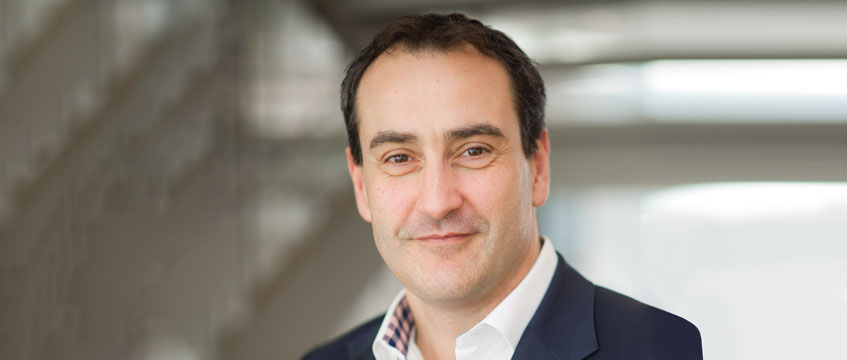Real estate owners and developers have the opportunity to do more to enhance disability inclusion throughout people’s lives than pretty much any other field of business.It’s about so much more than simply providing wheelchair access which, although very important, has been the standard approach many in our industry have taken over the years towards disability inclusion in design and operation of buildings and places.
We can go so much further than following government guidelines where technical regulations provide a base line and which can be improved upon in so many ways. The benefits of disability inclusion are obvious.
Benefits all round
According to the Valuable 500 – a network of top companies committed to helping people with disabilities which British Land has joined alongside Unilever, Jaguar Land Rover, Aviva, IBM, Barclays and others – the facts are compelling. More than 1.3bn people in the world live with some form of disability. These people have spending power of $8tn and countries lose 7% of their GDP as a result of disability exclusion. It is harder for disabled people to find work, spend money both online and in store, and enjoy a drink or meal out.
As well as joining the Valuable 500 at British Land, we also have a 30-strong enaBLe network, led by our chair Leanne Williams, and which I sponsor as a member of our executive committee. The enaBLe network has made tremendous progress since it was set up in 2019. In September, enaBLe supported British Land in being awarded Disability Smart Accreditation by the Business Disability Forum – becoming the first company in real estate to achieve this status.
The award is given only to companies that can demonstrate that disability inclusion is an integral part of their company culture and processes. To achieve this, we have completely rewritten our disability inclusion and workplace adjustments policy and line managers have been given enhanced training to create a safe environment for people to talk about their workplace needs. This helps our people be the best they can be.
At a property company like British Land, with a portfolio worth £9.8bn, we can also provide the best possible environment for the thousands of disabled people who visit our mixed-use assets every year.
For example, we have created a customer advocacy group called Access for All, which has generated ideas ranging from quiet shopping mornings at Royal Victoria Place in Tunbridge Wells to sensory backpacks at Fort Kinnaird in Edinburgh. We also partner with Support Dogs in Sheffield and have worked with the Royal National College for the Blind to help people to navigate our Old Market shopping centre in Hereford.
We are learning all the time in other areas as well. A red and green traffic light system would seem the simplest way to regulate flows of people in and out of shopping centres during the pandemic but causes tremendous problems for people with deuteranopia. This is red-green colour blindness and is the most common type of colour deficiency, being most often a congenital condition that people are born with, so we had to re-think our traffic light system to help.
EnaBLe is not just focused on British Land’s retail estate. We have updated our office design guides to ensure we deliver spaces that consider the needs of employees and customers across a range of disabilities and that employers can benefit from the talent within the disabled community. Examples include providing non-discriminatory entrances, access points and facilities throughout or environments that are not over stimulating and where wayfinding and overall legibility of the building are key.
Beyond compliance
As in all our places, collaboration is key. We’ve created workshops where we bring together our architects, engineers and accessibility consultants to review designs to go beyond compliance to achieve the best outcomes.
At our new 1 Broadgate development, where JLL and law firm Allen & Overy have taken major prelets, we will be including a publicly accessible changing places toilet. Standard disabled toilets do not meet the needs of all people with a disability and over 250,00 people in the UK with a disability need extra space and equipment such as an adult sized changing bench and a hoist.
This is not something that many people think about but is so impactful for people who benefit. Going that bit further is what really counts for disabled people.
There is a huge opportunity here; an industry can benefit commercially by doing the right thing as the Valuable 500 research on the scale and influence of the disabled population shows.
Moving beyond the legal minimum through engaging with stakeholders to learn from their experiences of non-inclusive environments, building on best practice with innovative design and setting new standards where design strategies incorporate “adjustments” from the start are all simple but very effective things to do. We won’t always get it right first time but by working with others, we’re aspiring to do better for all those that live, work and visit our places.
David Lockyer is head of campuses at British Land











